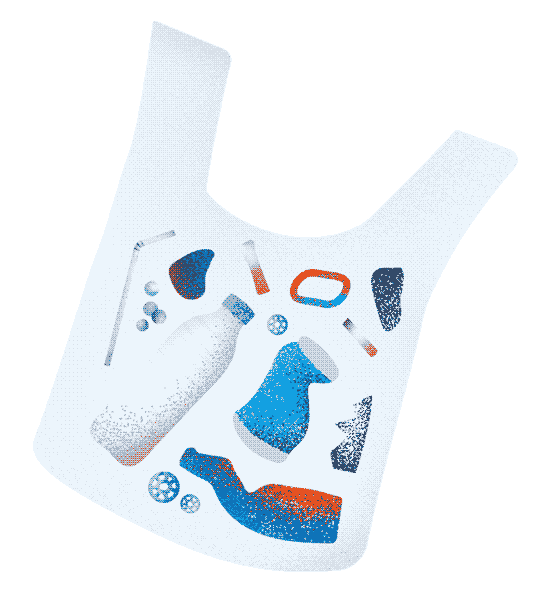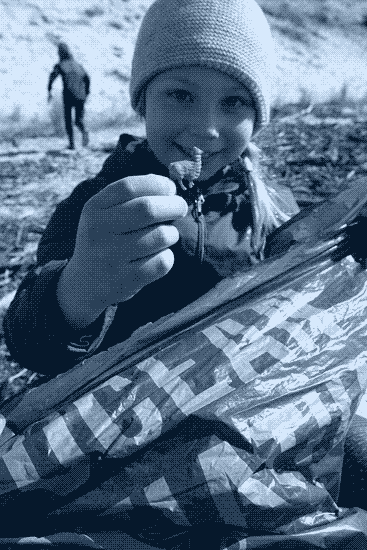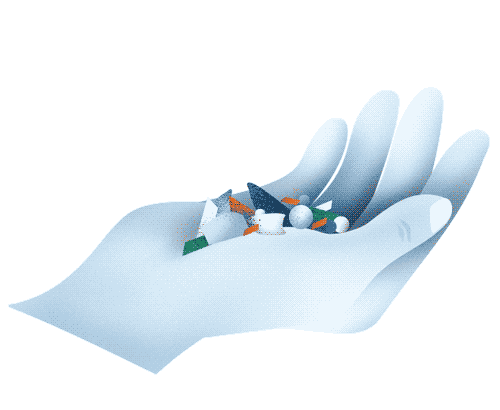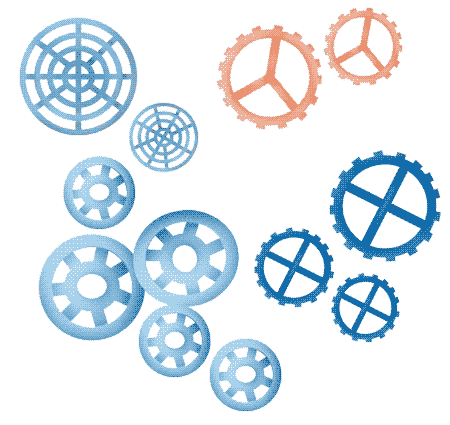Fighting plastic pollution
According to the latest figures, between 9 and 14 million tonnes of plastic waste are dumped into the ocean every year, and plastic waste alone accounts for 85% of marine litter.

The ‘all plastic’ approach

Plastic pollution has its roots in a global economic system based on overproduction and overconsumption.
In 2020, annual plastic production reached 450 million tonnes, transforming plastic into a veritable Plan B for the oil industry and offering it a strategic outlet in the face of energy transition challenges.
One explanation for this new Eldorado is the ubiquity of single-use products, which have become the norm, particularly in packaging and over-packaging, fuelled by a culture of consumption where environmentally friendly alternatives remain insufficiently accessible or too expensive.
This destructive dynamic is perpetuated by multiple industrial strategies aimed at maintaining the status quo. Greenwashing practices are on the rise, and the fake solutions presented by the industry – recycling, disposable cardboard products and ‘bioplastics’ – far from helping the environment, are actually increasing pollution.
Unprecedented pollution
Over the decades, the logic of “all plastic” has led us inexorably toward the major environmental crisis we know today.
Through its diversity and its presence at all levels of the food chain, plastic pollution constitutes a global threat to marine biodiversity, but also to the balance of ecosystems and human health. This planetary contamination generates interconnected environmental, social, economic and health risks, worsening climate disruption and ecosystem degradation while intensifying pressure on natural resources.
Plastic pollution constitutes a threat at every stage of its life cycle: from industrial production that generates greenhouse gases, to the fragmentation of waste into microparticles that disperse throughout all ecosystems and compromise both marine biodiversity and our own health.
The sources of this pollution are multiple and alarming: industrial plastic pellets, microplastics invisible to the naked eye, cigarette butts, products from the tobacco industry (disposable electronic cigarettes), biomedia, single-use plastics and packaging waste. Plastics represent approximately 85% of marine waste, bearing witness to the extent of contamination that stretches from the highest peaks to the ocean depths.
We work on specific issues
related to the plastic pollution crisis

MICROPLASTICS AND PLASTIC PELLETS
Faced with the omnipresence of microplastics in our environment and their dramatic impact on the ocean and human health, we are taking decisive action to combat this invisible but devastating pollution.

MACROPLASTICS, SINGLE-USE PLASTICS AND PACKAGING WASTE
With global plastic production growing exponentially and single-use plastics invading the ocean, Surfrider Foundation Europe is working to change laws and behaviours regarding plastic production and consumption.

CIGARETTE BUTTS

Biomedias
Victories
Ajoutez votre titre ici
Lorem ipsum dolor sit amet, consectetur adipiscing elit. Ut elit tellus, luctus nec ullamcorper mattis, pulvinar dapibus leo.
Ajoutez votre titre ici
Lorem ipsum dolor sit amet, consectetur adipiscing elit. Ut elit tellus, luctus nec ullamcorper mattis, pulvinar dapibus leo.
Ajoutez votre titre ici
Lorem ipsum dolor sit amet, consectetur adipiscing elit. Ut elit tellus, luctus nec ullamcorper mattis, pulvinar dapibus leo.
Our specific projects related
to the fight against plastic pollution
Ocean Initiatives
Échappée Bleue
The Échappée Bleue project enables children who do not have the opportunity to go on holiday to set sail and discover sailing while developing environmental awareness.
BeMed+
The BeMed+ project aims to consolidate the work carried out by BeMed over the past 10 years to reduce plastic pollution in the Mediterranean.
Ocean Friendly Restaurant
Going further
